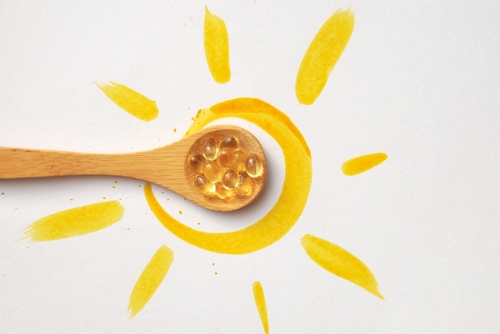Your Autumn Health MOT: What to Check Before the Cold Weather Hits
As autumn sets in, so do darker days, colder nights, and the health challenges that come with them. From flu season to winter skin woes, the colder months can take a serious toll on both body and mind. To help you stay ahead, experts from LloydsPharmacy Online Doctor share the ultimate autumn health checklist so you can step into winter feeling prepared.
1. Check your Vitamin D and Iron levels
In the UK, there isn’t enough sunlight in autumn and winter for our bodies to make Vitamin D. Dr Bhavini Shah advises:

“Good sources include oily fish, red meat, and egg yolks. The NHS also recommends everyone takes a daily 10 microgram supplement during the colder months.”
Iron deficiency can also worsen winter fatigue, so consider a simple blood test if you’ve been feeling run down.
2. Review your sleep routine
Shorter days can disrupt circadian rhythm, causing oversleeping or insomnia. “Adequate sleep is critical for immunity and recovery, especially in winter when bugs circulate more widely,” says Dr Shah.
3. Protect yourself against flu and COVID
The NHS flu jab is free for over-65s, pregnant people, and high-risk groups. Staying up to date with COVID boosters also helps reduce serious illness risk. “Vaccines are one of the simplest and most effective ways to protect yourself,” Shah reminds.
4. Keep your body fuelled and hydrated
Nutritionist Vinny Kodamala recommends balancing comfort food with at least five portions of fruit and veg a day. Seasonal “superfoods” like garlic, ginger, citrus fruits, honey, and natural yoghurt can help strengthen immunity.
Hydration is just as vital in cold weather. Use the 1:1 rule — for every non-water drink, pair it with a glass of water.
5. Prepare your skin
“Cold air and central heating strip skin of moisture,” says Dr Christine Hall of Taktouk Clinic. Swap to a richer moisturiser with ceramides or hyaluronic acid, use gentle cleansers, and don’t skip SPF. Up to 90% of visible ageing is due to UV rays — even in winter.
6. Monitor hair health
Seasonal shedding is common. Dr Shah notes: “It’s usually temporary and tied to sunlight exposure and temperature changes.” A healthy diet and gentle hair care can help, but speak to a GP if you notice sudden thinning.
Bonus Expert Tips
- Switch to silk or satin pillowcases to reduce skin friction.
- Warm up before outdoor exercise to avoid cold-triggered asthma or stiff joints.
- Keep humidifiers clean to prevent mould.
- Limit long, hot showers that strip skin.
Read more from Ravish Magazine, your essential UK lifestyle magazine for food, travel and culture.